When the first season of True Detective premiered almost ten years ago, to say it made waves would be an understatement. There was the McConaissance, endless parodies and copies of the banging opening credits, and a gold rush to make even more procedurals, each missing the point of what made the original so good.
To date, people still speak of it with hallowed reverence. Any new series featuring troubled protagonists, Lovecraftian vibes, and remote locations, gets the same treatment. There’s the curious first gander, followed by a sniff of “well, it’s not True Detective, is it?”
Even the anthology series that followed was, for many, a shadow of the lurid, dreamlike first one. Well, I’m not many, and I’ve loved every season of this sprawling study of inhumanity. Especially that daring second season, which exchanged Southern Gothic for urban hellscapes and Leonard Cohen.
When the third season closed and Nic Pizzolatto moved on to other projects, I figured that was it. All good things end.
So imagine my surprise when out of the blue, after a few years of silence, True Detective returns with the best season since the original. At times, it might even be better. And that’s nothing to sniff at.
Created, directed, and mostly written by Issa López, Night Country is a vivid nightmare that has haunted me for the past few weeks. Every time I think I’m done with it, a part slithers back to gnaw at something in my soul.
Set in the town of Ennis, Alaska, way beyond any boundaries of where humans should live, Night Country begins as the weeks-long nightfall sets in. Here in Finland, we call that period kaamos, and it’s every bit as unnerving as depicted here.
On the outskirts of an outskirt town, a group of scientists is found dead on the ice. Their clothes are neatly folded, and their naked bodies are a mangled heap, twisted on top of each other. With no explanation of how they got there or why, the case takes on an eerie, nightmarish tone from the outset. And that’s before the police find a severed tongue in the lab that doesn’t belong to any one of the bodies.
The case brings together former partners Navarro (Kali Reis) and Danvers (Jodie Foster), now estranged for unspoken reasons that hang over their every move. Danvers is hurting from past losses, and her grief is so profound it limits her basic humanity. She’s an exposed nerve who can’t even communicate how much she wants to protect her foster daughter without exploding.
Navarro is similarly broken, though more expressive about her pain. She desperately tries to manage her mentally traumatized sister in a town that is increasingly hostile towards its native population. Their mother left them with scars both visible and invisible, and neither has come out the other side unscathed.
There’s also a looming strike against an oppressive mining operation that has contaminated the local waters. There’s a power struggle within the Ennis PD. A murdered woman whose case was never solved might be tied to the scientists. And the deep, dark night threatens to drive everyone mad.
If that sounds like a lot, it is. At times, Night Country does struggle with keeping all the threads together. The final two episodes are nearly breathless with exposition. Another episode would allow the show to breathe a little easier.
But it’s ultimately a minor complaint when the material itself is this good. By the end, I couldn’t bring myself to gripe about the pacing or minor contrivances. The ride itself is an intricate beauty, better for what it leaves unsaid.
In the hands of Lòpez, Night Country takes everything there is to love about True Detective and expands it in the best way that an anthology can. Its themes are familiar, yet they explore areas the series was unable to until now. At turns heartbreaking, uplifting, and deeply troubling, Night Country is a brilliant showcase for Lòpez, who crafts a hypnotizing big picture.
It’s also terrifying in a way that inspires dread. While I found some jump scares unnecessary, it’s hard to deny their effectiveness. But they’re merely punctuation to the overwhelming fear that permeates from every episode. Lòpez exquisitely uses the limited vistas and darkness to their fullest potential. Every long ride or timid step on the ice had me grabbing my seat.
Yet none of this would work without Reis and Foster, who are immaculate in their nuanced, complex parts. They communicate years of pain and anguish through singular looks and hunched postures, each yearning for a connection that at the same time terrifies them. Misery isn’t just company, it’s their only bedfellow at this point.
Lòpez never pushes the darkness into melodrama, and neither Reis nor Foster lets loose to chew the scenery. At times, it’s almost frustrating how subtle the storytelling is, until you realize just how much this series trusts the audience to put things together.
It’s only January, but I’ll be surprised if Night Country doesn’t show up in 11 months on every Top Ten list out there. This is the kind of high-quality drama that HBO made its name with. Smart, compassionate, eloquent, and unlike anything you’ll find elsewhere. I hope Lòpez is given free rein to make ten more of these. I’ll watch every single one.

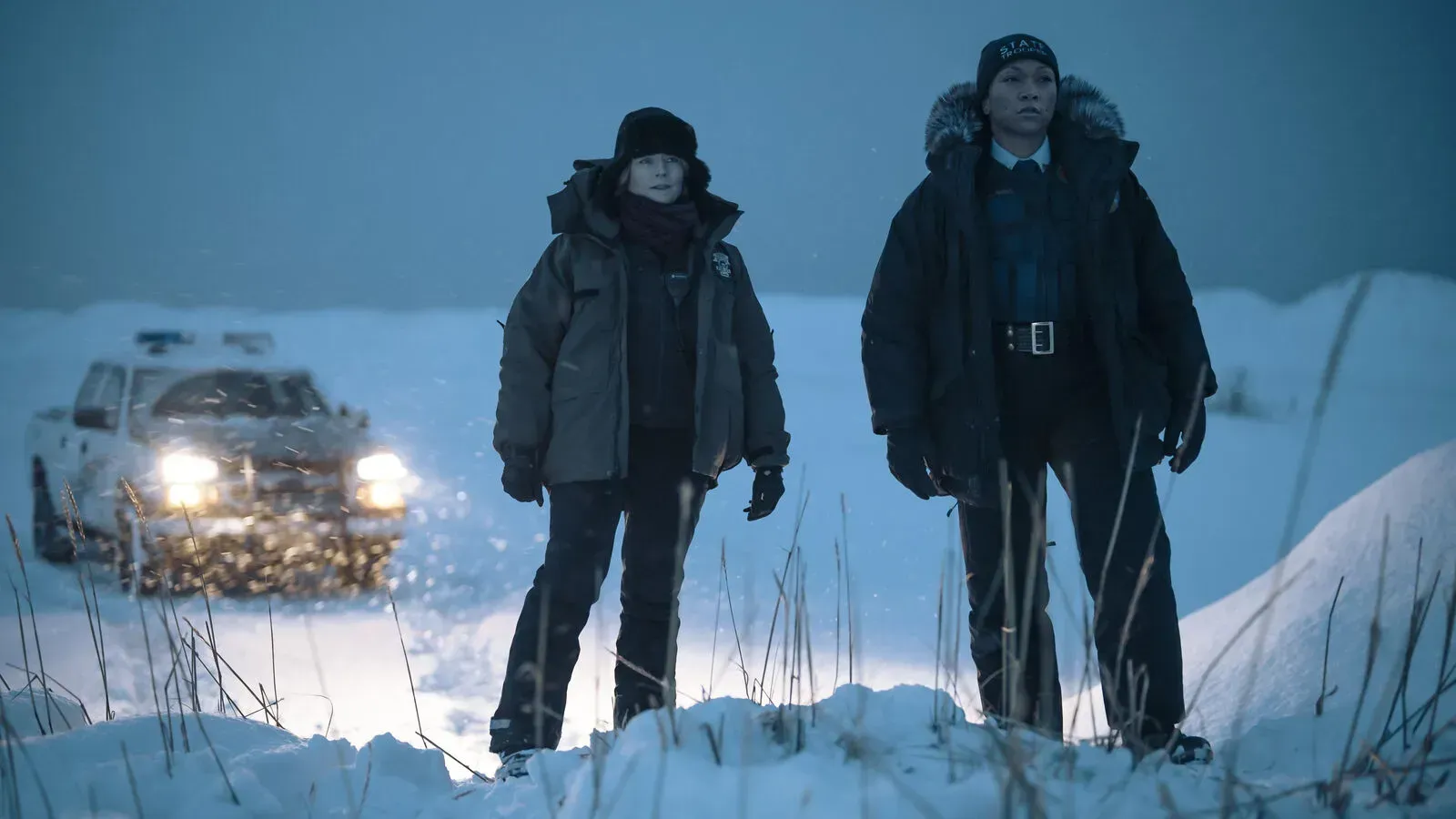


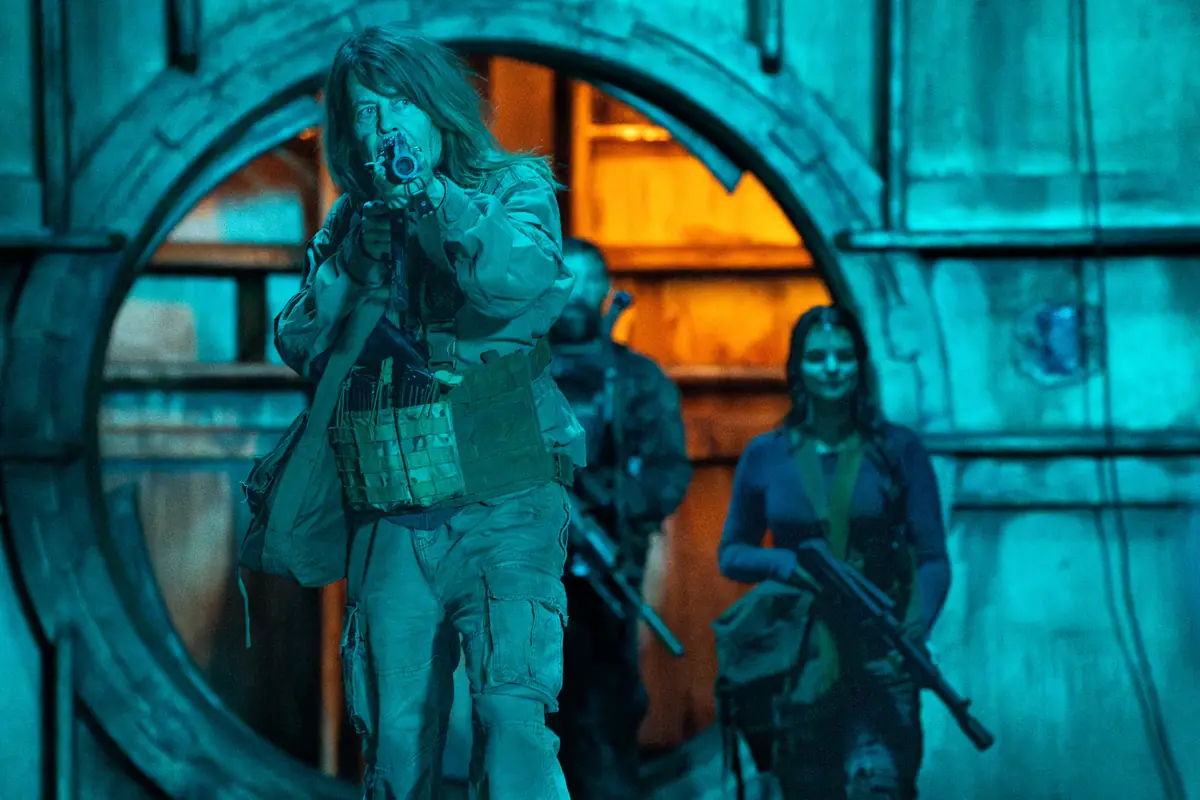

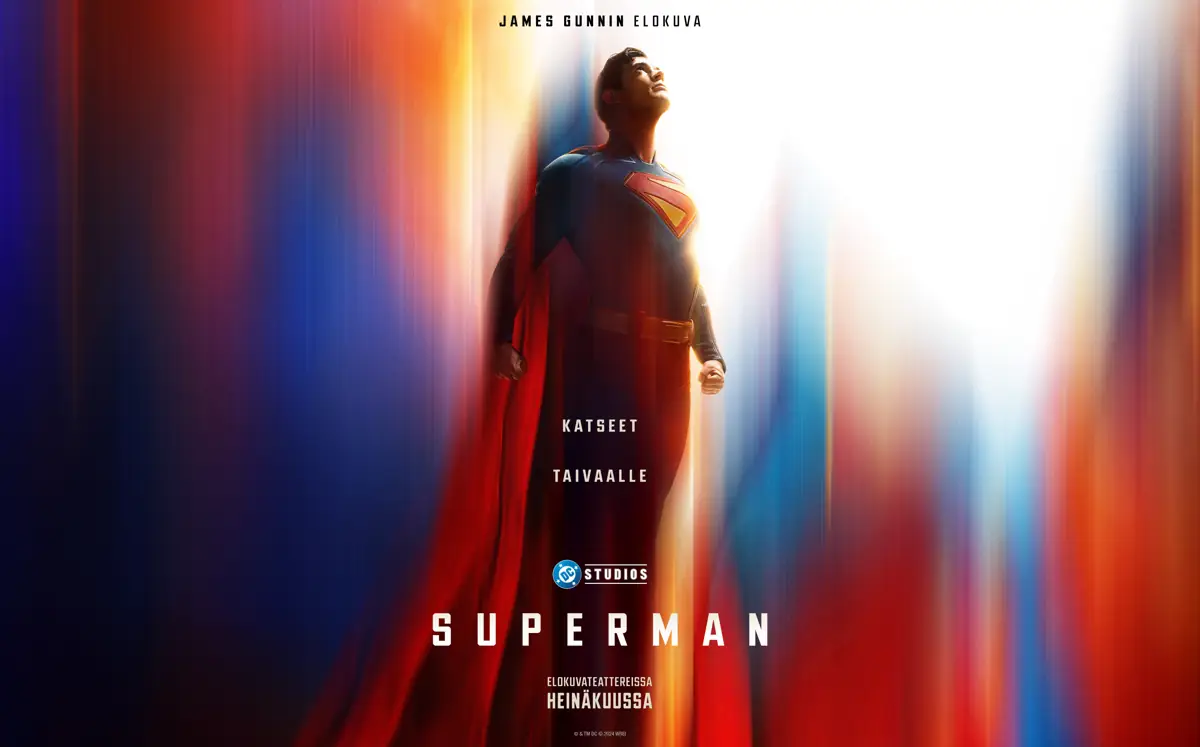


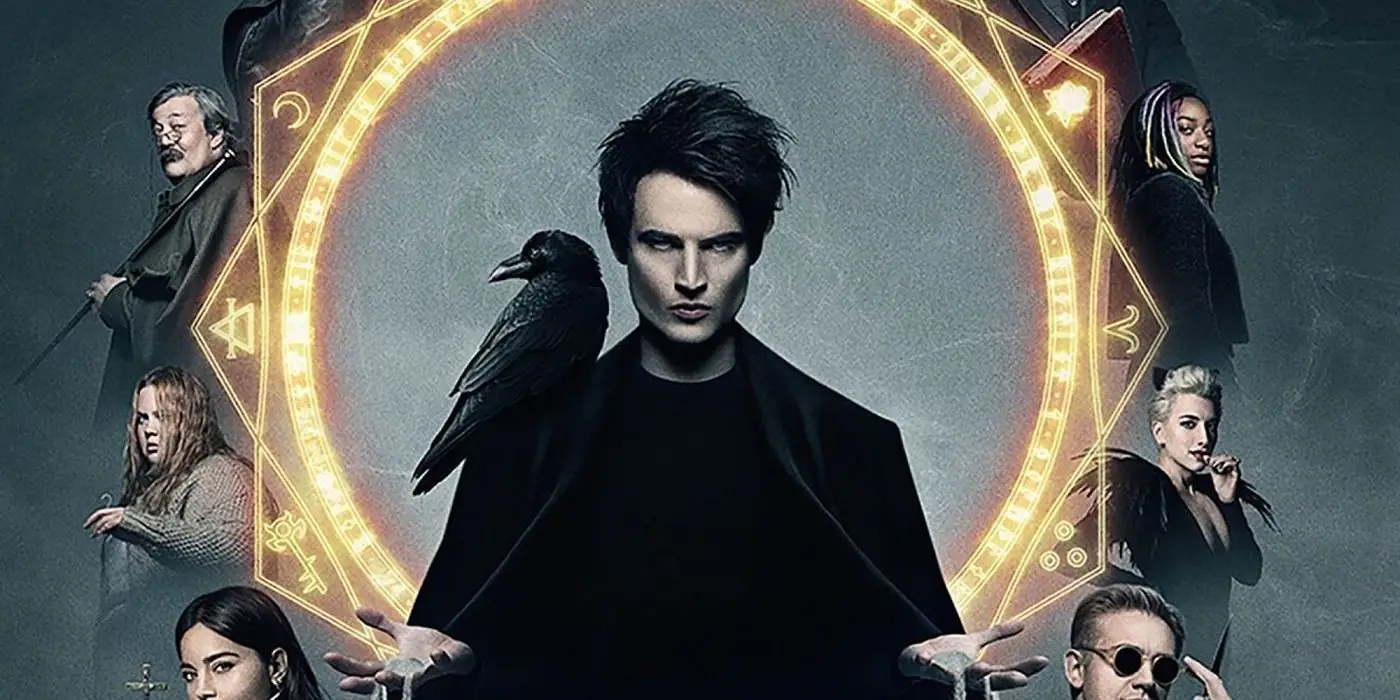
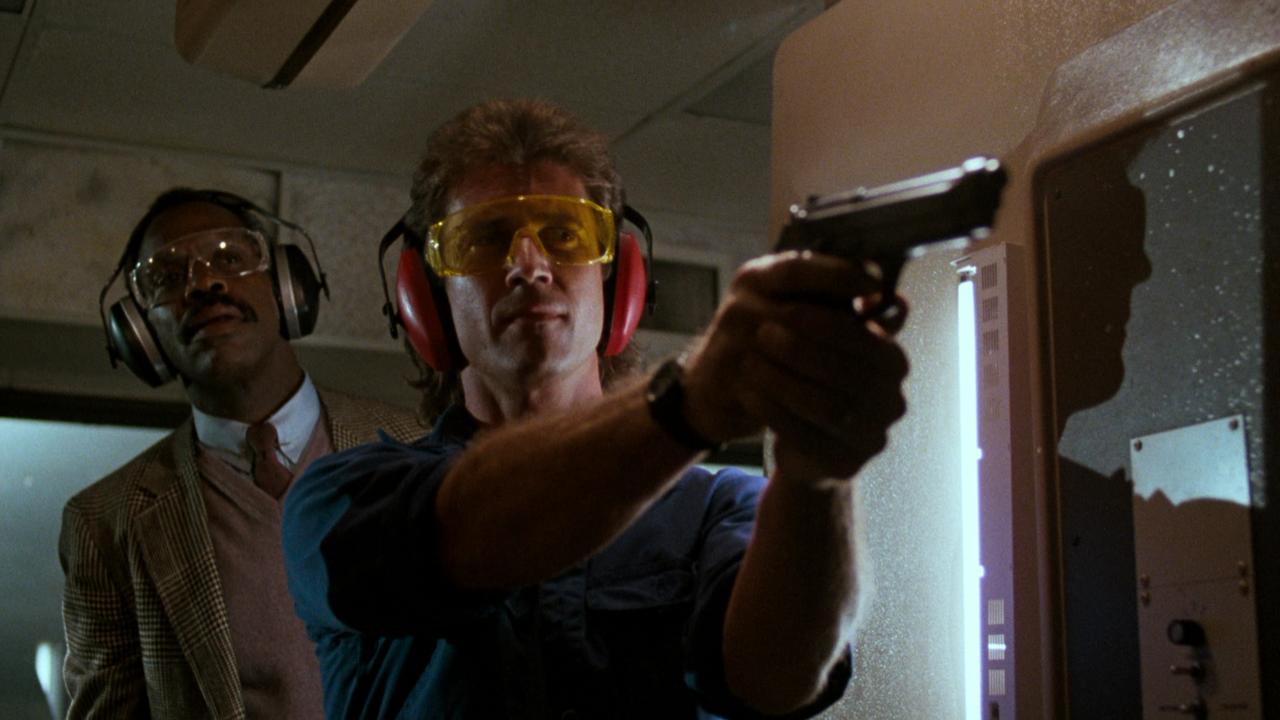



Discussion